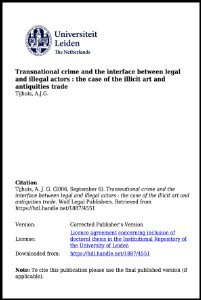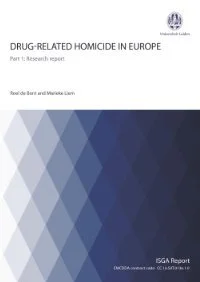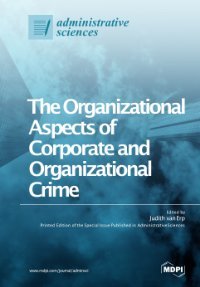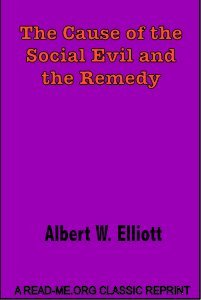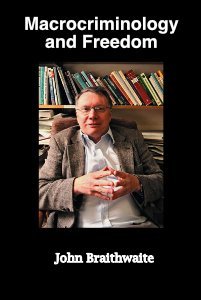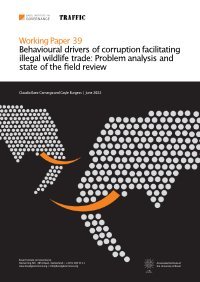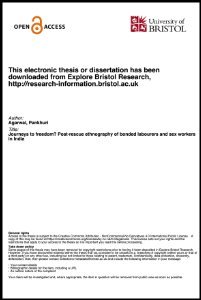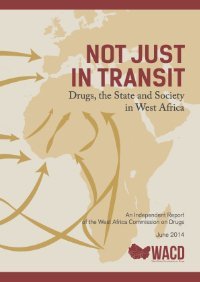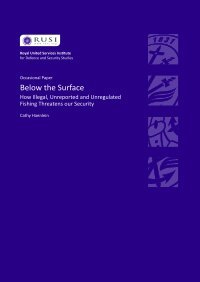United Nations Office on Drug and Crime
The heedless exploitation of nature by humans has led to unprecedented biodiversity loss and a worsening climate crisis. It is also a threat to human health, as highlighted by the COVID-19 pandemic. Three-quarters of all emerging infectious diseases are zoonotic, according to the United Nations Environment Programme, transferred from animals to humans, facilitated by environmental destruction and wildlife crime. Links between the global health crisis and the illegal exploitation of wildlife have been in the spotlight since it was suggested that wet markets selling wildlife, in this case pangolins, could have facilitated the transfer of COVID-19 to humans. The spike in public awareness of this connection has led to a push for new bans on the sale of wild animals for consumption. It is against this backdrop that the second edition of the World Wildlife Crime Report is published by the United Nations Office on Drugs and Crime (UNODC). The report shows wildlife crime to be a business that is global; lucrative, with high demand driving high prices; and extremely widespread. Nearly 6,000 different species of fauna and flora have been seized between 1999 and 2018, with nearly every country in the world playing a role in the illicit wildlife trade
Vienna; New York: UNODC, 2020. 134p.




